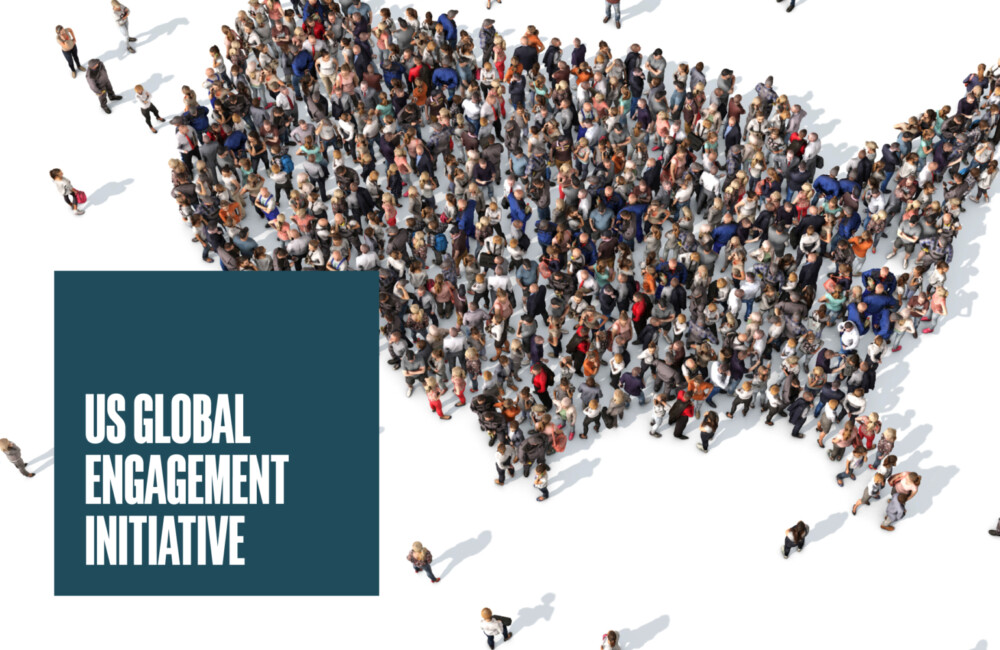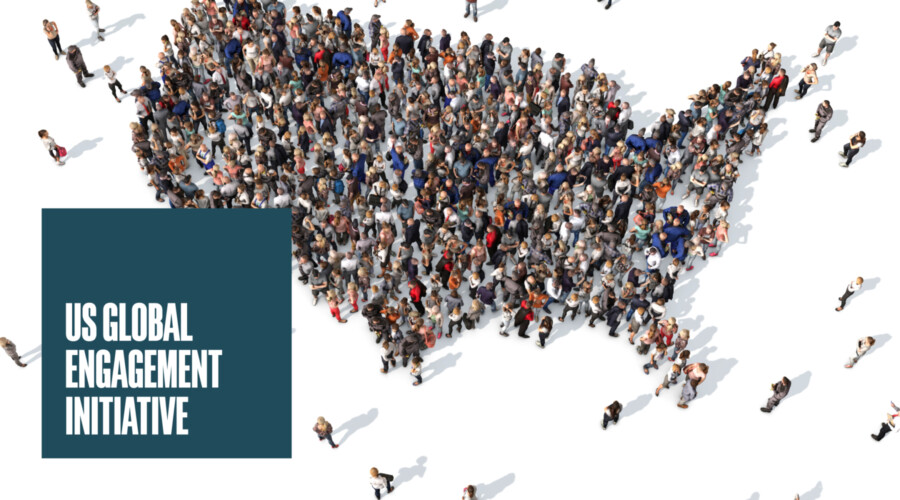This article originally appeared on the Ethics & International Affairs blog on May 27, 2018.
At the recent event convened to discuss "Democracy Promotion in the Age of Trump," Ambassador Adrian Basora and I discussed the concept of "democracy triage": the policy recommendation that, given limited resources, and an increasingly skeptical public less confident about the U.S. ability to transform other societies, democracy promotion efforts should be focused on a fewer number of cases where there would be a higher likelihood of securing a democratic breakthrough. In other cases, the U.S. effort should focus on de-tyrannization and creating conditions for a more evolutionary, long-term approach to gradual reform. (Tune into that discussion: we discussed the question of whether the Tunisian democratic breakthrough, for instance, has faltered because resources which could have made a critical difference were diverted to other areas where the chances of success were far less likely.)
Triage has been a constant theme in these discussions: that policymakers, faced with the realities of limits on time, attention, resources, and mandates, cannot pursue every cause, but must pick and choose. Having been a proponent of "democracy triage" as laid out in the new volume Does Democracy Matter, I wanted to revisit the very concept of triage–and to see what medical ethicists have been saying about the concept–to see what might be relevant for the policymaker.
Laura Hawryluck's article on the "Ethics of Triage" in the Winter 2010/11 issue of ICU Management and Practice looks at the question from the perspective of intensive care unit practitioners who might be faced with a major pandemic where the demand for treatment on the part of the numbers affected would far outstrip the capacities of any given ICU. Culturally, she acknowledges, health care practitioners are geared to devoted the most effort and attention to the most serious cases in an effort to rescue them from death. But in an emergency, this approach might be counterproductive given the demand on not only resources but also the time and skill of the practitioners. There are different ways to approach this problem: a first come, first served policy; an assessment of the importance of the people (with priority given to those who possess more critical skills, or who will enjoy a longer lifespan and can justify in productivity to society the choice to give them preferential treatment); or simply leaving it up to chance. Hawryluck, however, raises another approach, based on utilitarianism: focuses efforts on saving the largest number possible–which means, as she notes, "instead of directing the most energy to those in greatest need, such a focus would direct energy and resources to those who need our help the least." For medical practitioners, this can be a dramatic shift. And while a similar approach to policy also makes rational sense on paper, it is similarly difficult for policymakers, who must admit either the limitations of U.S. power and influence, or that the best of intentions do not always guarantee optimal policy results.


